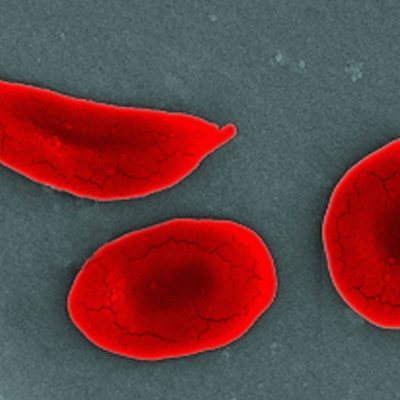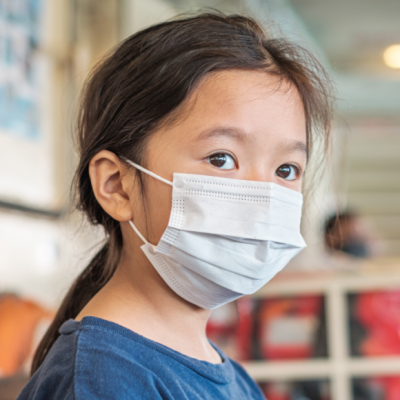China Allows Gene Editing of Crops to Increase Food Security
China, with a population of around 1.4 billion people, possesses only about seven percent of the world’s arable land. This significant disparity between the limited cultivation areas and the ever-growing population has led to famine in the past. To become independent of food imports, the Chinese government has now allowed gene editing of crops. The government has not permitted genetically modified plants, except for papaya and cotton, which could yield higher crops on the existing cultivation areas. Instead, China has chosen a curious middle ground for food supply, importing genetically modified crops like soybeans and grains from abroad. No other country imports as much genetically modified soybeans as China.
According to a report by Reuters, the Ministry of Agriculture and Rural Affairs has recently adopted guidelines and rules allowing the conduct of studies on the approval of genetically modified plants. This decision could soon lead to the growth of genetically modified crops in large quantities in China, ensuring the basic food supply of the population. Gene editing is particularly relevant for the safer supply of China’s seed industry, which forms the basis of agriculture. The Chinese government’s decision ends a long-standing debate on genetically modified foods. China was once a global leader in this field. In 1992, China became the first country in the world to allow the commercial cultivation of a genetically modified tobacco variety. Virus-resistant rice, wheat, and corn were to follow by 2010. However, in the 2000s, there were food scandals involving poisoned milk powder, causing concern and mistrust among the population. Although there was no direct connection to genetically modified crops, the Chinese government subsequently banned their cultivation.
In recent years, China’s leading scientists and research institutions in medicine and military medicine have concluded that genetically modified soybeans are not safe. “We should be cautious,” said the vice-chairman of the Soybean Association in 2019. “The majority of Chinese people believe that genetically modified foods are hazardous to health,” said Even Pay of the Beijing think tank China Policy. According to a survey by the scientific journal Nature in June 2018, only a small percentage (12%) of Chinese people have a positive opinion of genetically modified foods. A portion of the population (14%) rejects gene editing and even calls it “bio-terrorism.” Given this information, it is uncertain how the population will react to the recent approval.










